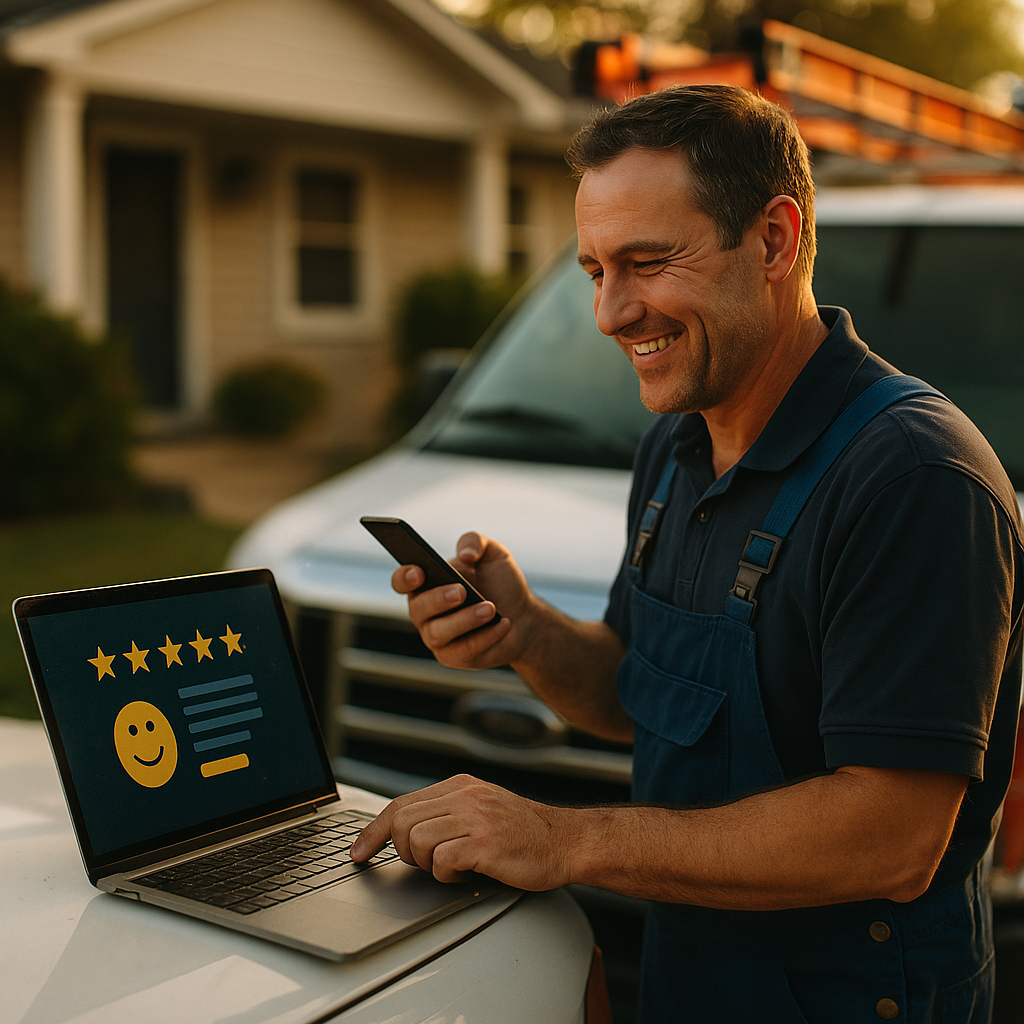Developing a robust marketing strategy for a local service-based business is essential to attract more customers in a competitive area. From defining your audience to making the most of digital channels, there are actionable steps every business owner can take for success. Ready to learn how to grow your reputation, reach, and revenue in your community? Start here.
Identifying Your Target Audience and Local Market
Understanding your ideal clients is foundational to every marketing strategy for a local business. Begin by outlining your service offerings, then research who typically seeks these services in your area. Use local demographic data, and gather insights from your existing customers through online reviews, surveys, or direct engagement. Analyze competitors in your locality to spot service gaps and opportunities for differentiation. Knowing precisely who you want to serve allows you to tailor messages, services, and promotions effectively, ensuring your outreach feels personal and relevant.
Establishing a Unique Value Proposition for Branding
Your unique value proposition (UVP) is what sets you apart from other local service providers. Highlight the qualities that make your offerings memorable or superior—whether it’s exceptional customer service, eco-friendly methods, rapid response, or deep expertise in a niche area. Clearly communicate this UVP everywhere—your website, social media profiles, local listings, and print materials. Consistency in branding builds trust and ensures that potential customers immediately recognize the benefits of choosing you over a competitor.
Leveraging Local SEO and Local Listings
Optimizing your online presence ensures that customers in your area can easily find and contact your business. Implement these localized digital marketing tactics:
- Google Business Profile: Claim and regularly update your Google Business Profile. Add accurate business hours, service categories, images of your work, and respond promptly to reviews. This directly improves visibility in Google Maps and local search results.
- Local SEO Keywords: Research search terms that people in your city use to find services like yours—“plumber in [City]” or “emergency electrician near me.” Use these terms naturally throughout your website, particularly on your homepage, service pages, and meta descriptions.
- Online Directories: Keep your details up to date on reputable directories such as Yelp, Nextdoor, and local chambers of commerce. Consistency in business name, address, and phone number (NAP) across all listings enhances your credibility in Google’s eyes.
- Schema Markup: Incorporate local business schema on your website to help search engines display rich information about your business, such as reviews, hours, and location.
Building Trust through Content Marketing and Reviews
Electronic word-of-mouth is powerful in 2025. Sharing valuable health, safety, or maintenance tips (relevant to your service) on your blog, emails, or social channels demonstrates expertise and supports customers in their daily lives. Encourage satisfied clients to leave testimonials and detailed reviews on Google and industry sites. Respond professionally to all reviews, both positive and negative, to show prospective customers you value feedback and practice transparency. Use genuine before-and-after stories or case studies from local clients to highlight results and foster emotional connection.
Harnessing Social Media and Community Engagement
Social media platforms remain vital for local service-based businesses. Focus on the networks most popular with your audience—Facebook, Instagram, TikTok, or LinkedIn. Post regularly about:
- Completed projects or customer shout-outs (with permission)
- Community events and collaborations with other local businesses
- Answering frequently asked questions through video or live streams
- Promotions exclusive to your social followers
Engage with local groups and forums where neighbors discuss service recommendations. Partner with schools, charities, or neighborhood associations to build goodwill and recognition offline, which can generate referrals and repeat business.
Measuring Results and Fine-Tuning Your Marketing Strategy
No strategy is complete without ongoing analysis. Use tracking tools such as Google Analytics, customer management software, or even basic spreadsheets to monitor lead sources, bookings, and revenue. Set clear goals: for example, increasing calls from your website by 20% or growing your Google review count by 50 within the next quarter. Monitor which tactics drive the best returns, and shift your investments accordingly. Periodically surveying your customers about how they found you and why they chose your service gives you direct feedback for refining future campaigns.
Crafting a marketing strategy for your local service-based business requires focus, consistency, and adaptation. By understanding your audience, strengthening your online reputation, and connecting through local channels, you’ll position your company for measurable growth and lasting trust in your community. Start small, measure everything, and scale up what works.
Frequently Asked Questions: Local Service-Based Business Marketing
- What is the most effective marketing channel for local service businesses in 2025?
A combination of Google Business Profile optimization, targeted local SEO, and active social media engagement typically delivers the best results. Layer in reputation management by gathering and responding to online reviews for even greater impact. - How often should I update my Google Business Profile?
Regularly—review and update at least monthly, or whenever your services, hours, or special offers change. Respond to every customer review to demonstrate active management and care. - Is traditional advertising (flyers, local newspapers) still relevant?
Yes, especially if your target market includes less digitally engaged residents. Combining online and offline tactics offers broader reach and reinforces brand recognition locally. - How can I measure my marketing strategy’s effectiveness?
Track website analytics, lead sources, and conversions. Ask new customers how they found you and monitor increases in reviews or online engagement. Adjust your strategy quarterly based on this data. - Should I hire a marketing agency or manage it in-house?
Many small businesses start in-house to control costs. As your business grows, partnering with a reputable agency or consultant can save time, provide expertise, and scale your efforts more efficiently.
